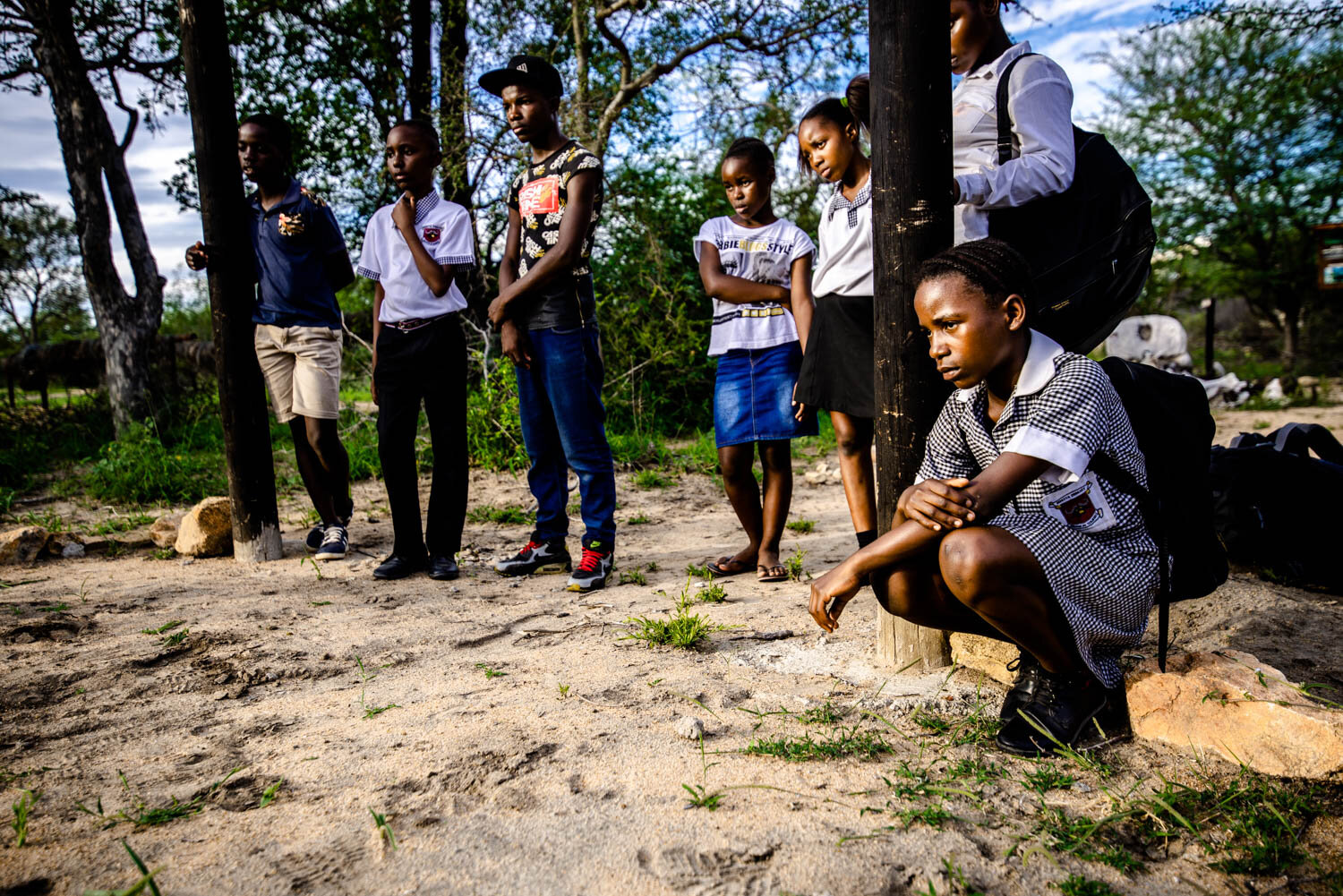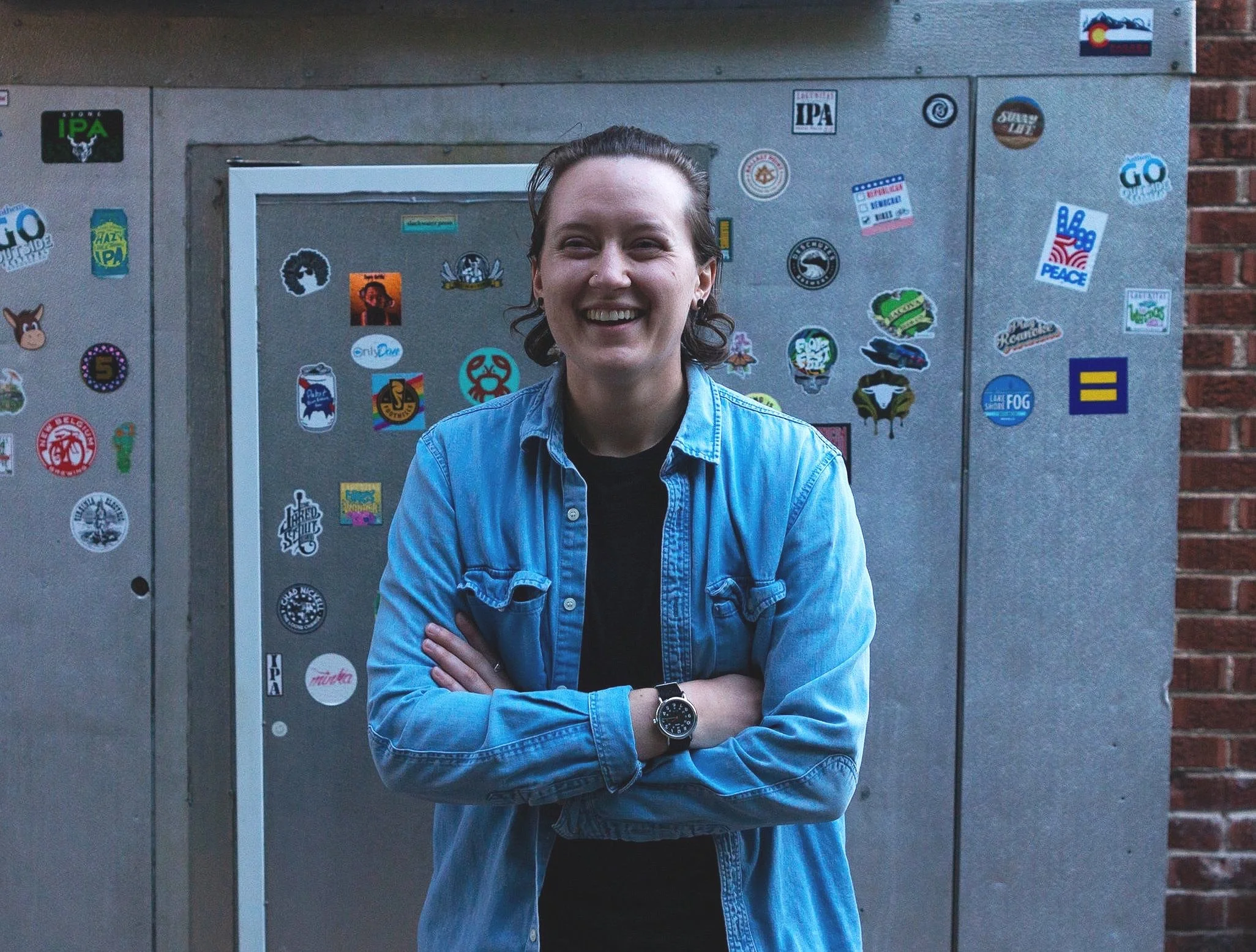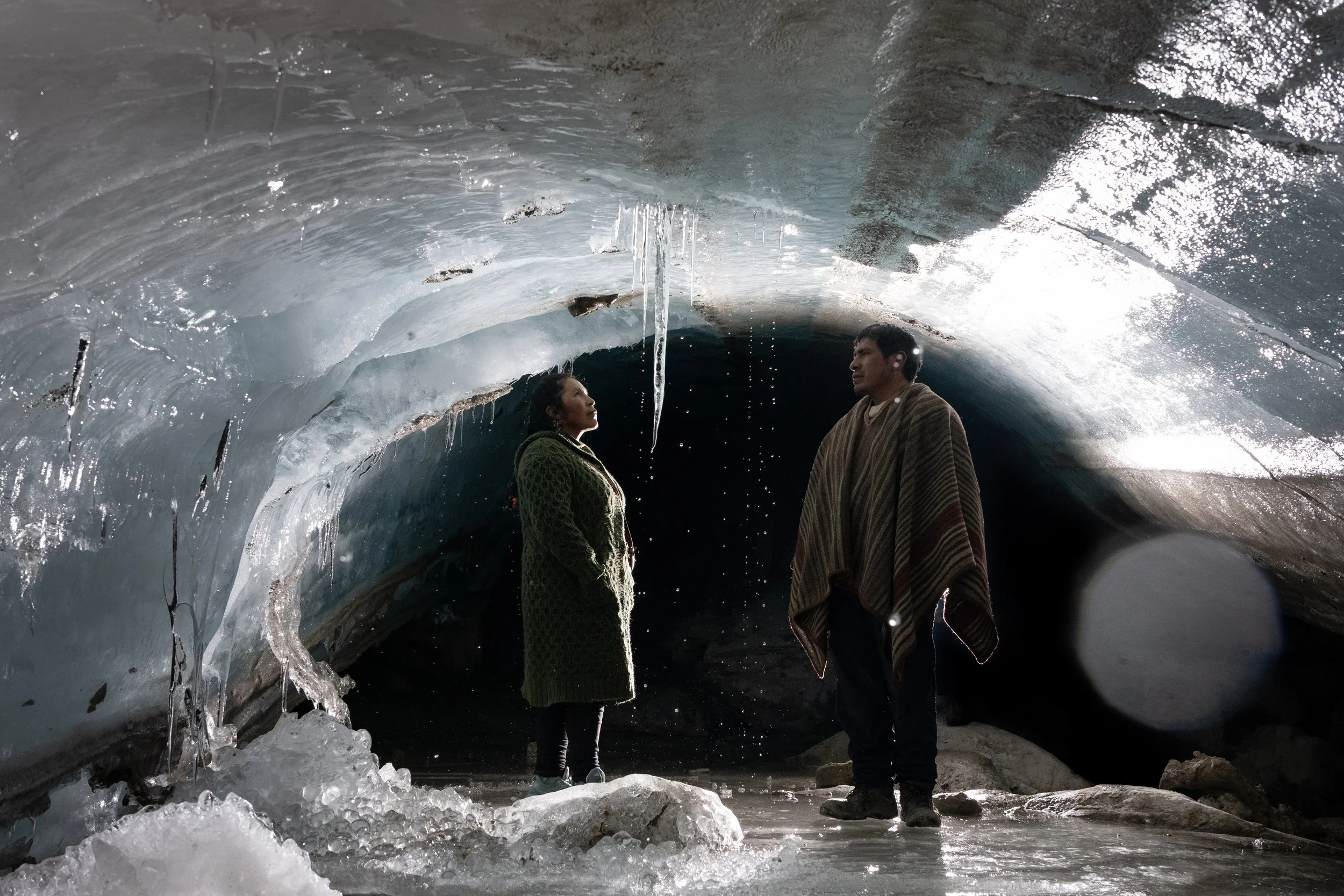Image by Susana Rico
"Save the Rhino, Hunt the Poacher'' blankets billboards and stickers in the region around Kruger National Park. The statement is a haunting sentiment for South Africa, a country whose history of racial segregation and inequity still echoes amongst urban and rural communities.
In South Africa, the problems of wildlife poaching has its roots in social justice issues stemming from the country's apartheid era, which existed from 1948 until the early 1990s. This system of institutionalized racial segregation was officially dismantled by 1992, but economic apartheid has proven more difficult to eradicate.
When apartheid ended, the South African government instituted the Game Theft Act. This act decreed that whomever put enclosures around land containing wild game effectively owned it—and the animals within the borders. Overnight, people wealthy enough to put up electric fences created private game reserves, cutting off many Black and indigenous South Africans from their tribal hunting lands. Even worse, these reserves removed contact with the wild animals integral to indigenous heritage.
Images by Damari McBride
Today, many Black families living on the edge of Kruger National Park can't afford the entry fee, which is $10 Canadian for adults and $5 for children. And with white South Africans owning more than 80 per cent of land in the country, Black South Africans are systematically excluded from resource-rich areas.
The once wildlands are now the playground for trophy hunters, who are often white, foreign men who pay between $30,000 to $100,000 for the chance to kill one of the Big Five—lion, elephant, Cape buffalo, leopard and the endangered rhino. The demand for rhino horn on the worldwide market has contributed to their plummeting numbers, which sells for approximately $3,000 a pound. This high cost is enough of an enticement for equity-seeking Black South Africans to take the dangerous risk of illegal poaching. It's also enough of an incentive for reserve owners to hire combat-trained mercenaries to protect their lands and, in increasingly more cases, kill poachers.
This post-apartheid South Africa is what photographer Damari McBride witnessed in the region around Kruger National Park, where poaching is a multifaceted problem due to the economic disparities in South Africa.
Images by Damari McBride
As an African-American man who travelled to the country to document local anti-poaching efforts, McBride felt the echoes of racial segregation. “When you see a sticker like "Save the Rhino, Hunt the Poacher", it really begs the question, 'Do I matter?' It made me think that everything on Earth is, and should be, important. Animals don't have to be killed off; people don't have to be affected. Why can't there be a balance?
McBride worked alongside Nourish Eco Village, a non-profit organization that's aiming to solve poaching issues by educating local children about protecting wildlife, combating climate change and preserving the environment. Nourish engages the community on various field trips, including to Protrack—an anti-poaching unit that supports Nourish's initiatives and recruits young people from Black communities to become rangers. In order to make the unit, potential recruits must go through demanding paramilitary training. Protrack starts their presentations by asking the children if they know people who are poachers. “If you ask that question to a roomful of children, predominantly Black, and a good portion of them raise their hands, that is a powerful statement to the issue at hand,” McBride recalls.
With many Black communities stuck in a cycle of inequity, poaching continues to be a viable risk to take. “Poverty exists everywhere—it just looks a little different from place to place. Someone, or some group of people, always gets the short stick. Those unlucky enough to draw the tiny straws have to hustle and struggle. They often have to resort to the unthinkable because they are deprived of the basic needs and necessities to survive,” says McBride.
Images by Damari McBride
By illegally entering the game reserves at night, poachers must elude the wild animals that could attack them and the hired mercenaries hunting them down. “Poaching isn't easy. You're taking a massive gamble by going into the park at night to attempt to find a rhino, kill it, take its horn and make it out alive,” says McBride. Education is just the first step needed to change the deep-seated dynamics behind the problems of poaching. "They have the education and get to spend time with the animals. But what are you going to do about equity?
McBride's experience in South Africa deeply affected him. “I used to be extremely shy about speaking out about social issues and inequality, but I'm now more aware of how important it is. It also made me appreciate our environment and planet more. I hope my future work will help people think about issues and lead them to take action. By looking at ourselves and what we can do to make a difference, I hope we will all stand up against injustice."
Images by Damari McBride
There is still much work to do to advance social justice and remove barriers that people face due to gender, age, race, ethnicity, religion, culture or disability. But the work being done by organizations like Nourish and storytellers like Damari is a step in the right direction to encourage sustained economic growth, social justice and social development.
To learn more about Nourish and support their important work, visit their website and donation page. You can also hear from world-renowned storytellers by signing up to join the next Storytelling for Change session.
















